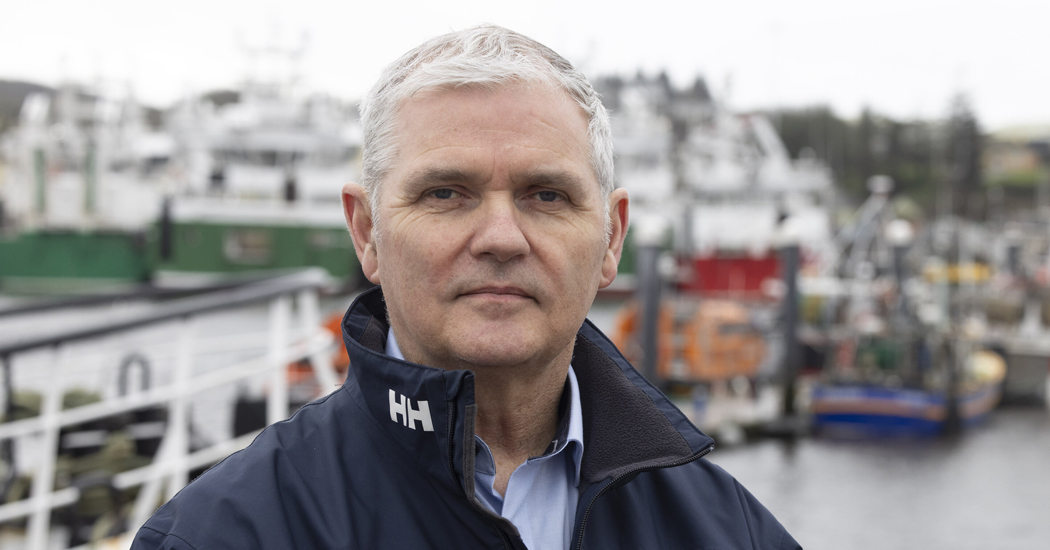Irish fishing leaders say the Government must meet the EU Commission to determine how fishing industries can survive on reduced quotas.
The call comes as the EU announces plans to extend its current post-Brexit UK fishing deal to 2038, giving British fishers extended access to European markets.
The Irish Fish Producers Organisation points out that 40% of the value of quotas transferred to the UK come from Ireland alone.
“There was no justification first time round for Ireland to be singled out to pay such a high price for the UK fishing agreement,” says Aodh O Donnell, CEO of the IFPO.
“There is even less reason now, as we have loudly and clearly outlined how damaging this deal was for Ireland. It has already cost our industry an estimated €180 million to date,” he said.
“It is time that the Irish Government stood up to protect our interests if the EU is incapable of doing so. Our MEPs and officials must demand a fairer deal for Ireland before the new agreement is due to come into effect next year.”
O Donnell welcomed the statement from Irish MEP Nina Carberry, who called for long-term certainty and a level playing field for Irish fishermen from today’s EU-UK Summit. However this call appears to have fallen on deaf years, he says, as the EU and UK reached a deal based on a rollover of the existing Brexit fishing arrangements.
“The post-Brexit deal on fisheries was due to expire next year. Whilst the detail is yet to be established, the announcement on Monday morning of no changes to the current Brexit fishing arrangements is a serious concern to our coastal communities,” he said.
“The deal announced largely extends the unbalanced EU fishing quota and access arrangements for 12 years to June 2038. This is a hammer blow to our coastal communities. Ireland paid the highest price in 2020 in the Brexit Trade and Cooperation Agreement (TCA) in that 40 % of the total value of quotas transferred to the UK was from Ireland.
Ireland holds about 12% of EU waters but is allocated less than 6% of fishing quotas, which fishing leaders say is totally inequitable. They have repeatedly called for a fairer quota allocation and had hoped that a new EU-UK deal in 2026 would go some way towards addressing the imbalances.
O’Donnell says that fishing communities felt very strongly that the TCA had left them behind. “So we are shocked about the announcement that this multi-year deal was agreed. It seems clear that other EU Coastal States such as France resisted giving up long standing fishing rights and their governments have backed them. So, the Irish fishing industry feels that we have been sacrificed once again and our Government has failed to protect us.”
O’Donnell says the maintenance of the Brexit deal status quo is a disaster, especially for the Mackerel and Dublin Bay Prawn fleets. “The mackerel fleet lost 26% of their quota and the Dublin Bay Prawn fleets lost 15% of theirs. Europe failed to apply the principle of relative stability underpinning the Common Fisheries Policy with the Brexit deal which is now being extended.”
The IFPO is calling for rebalancing of the ‘Brexit burden”.
“This requires an internal redistribution of the quotas, or this fundamental inequity will be locked in for 12 years. We have been failed by Europe. Coastal communities hoped that the Brexit re-negotiation was a way to restore local economic vitality and national respect, not to lock in the imbalances as is currently proposed,” said O’Donnell.
Mr O Donnell says the IFPO supports the Fisheries and Maritime Minister, Timmy Dooley, in his ongoing work to support the sector, adding: “He continues to inspire the sector at this critical time.”








